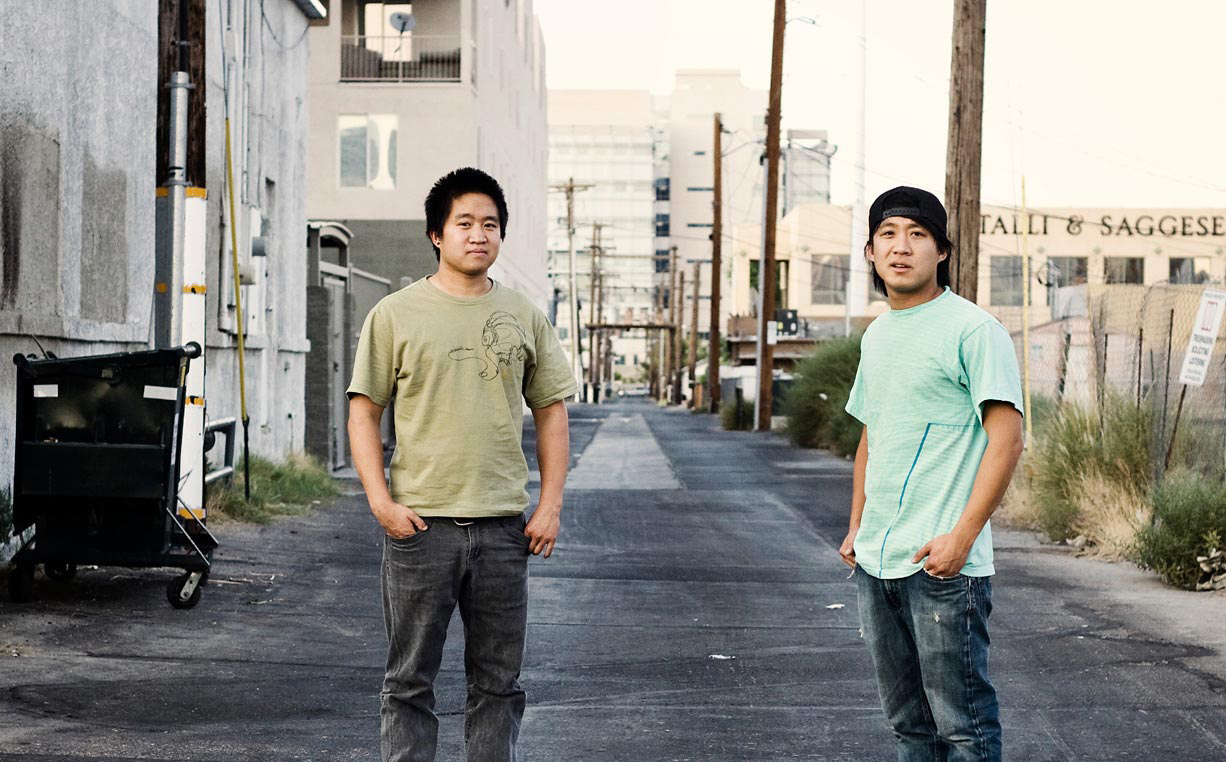The audience left, buoyed by the films. Michela Bondardo, who works as a consultant for the Guggenheim (and he looks it — immaculately put together, well-cut blonde hair, and chic glasses), says that the recession had been a disaster for arts funding but could be a boon for culture. “These films look real,” he says. “This is what people really think. I think that somehow we needed [the recession]. It was somehow too much before.”
As traditional sources of funding continue to disappear, filmmakers are finding creative ways to fund and distribute their pieces. They work amateur outlets like YouTube, Facebook, and Vimeo with professional vigor. Many of Blackout’s films can be found online or will be appearing there soon.
Filmmaker Jeremy Redleaf says that gutsy is the way to go. “You have to keep hustling,” he says. Redleaf has long kept his creative projects percolating by working random one-time Craigslist gigs. During the past year, five of his gainfully employed friends lost their jobs. They turned to Redleaf for help as they navigated the wild terrain of freelance employment.
It was something of an uphill battle. “They needed work, but they were reluctant to do things like pass out flyers,” he says. “I tried to encourage them to try new things. They were all on unemployment. It’s such a gift to have that freedom, but they were all so scared.”
The experience gave Redleaf an idea. He started a website, oddjobnation.com, which has a Craigslist feed, a job board, tips, and humorous videos he produced about doing odd jobs. It attracted visitors more adventurous than his friends, and lots of them.“It hasn’t been a financial win, but it’s been a career win,” Redleaf says. “I never thought I’d be in a film festival.” (The assistant he now employs, thanks in part to the success of oddjobnation.com, found the festival online.)
The Chu brothers don’t regret their departure from stable employment. Brian has his old job back; he even got a raise, and his boss gave him flexible hours to finish up the movie.
After the festival, a group of people gathered at the Ainsworth, a Chelsea bar where the bouncers had no problem picking film buffs from the cornfed crew there to watch college football on gigantic flatscreens. “In the back,” directed the bouncers, where a black-and-white short played instead of the game. Everyone was cheerfully imbibing the donated free vodka and discussing old projects and new plans.
Keefe moved through the room with a grin that he couldn’t keep down. He says that Blackout would be back next year, even if he has to fund it himself, again.

